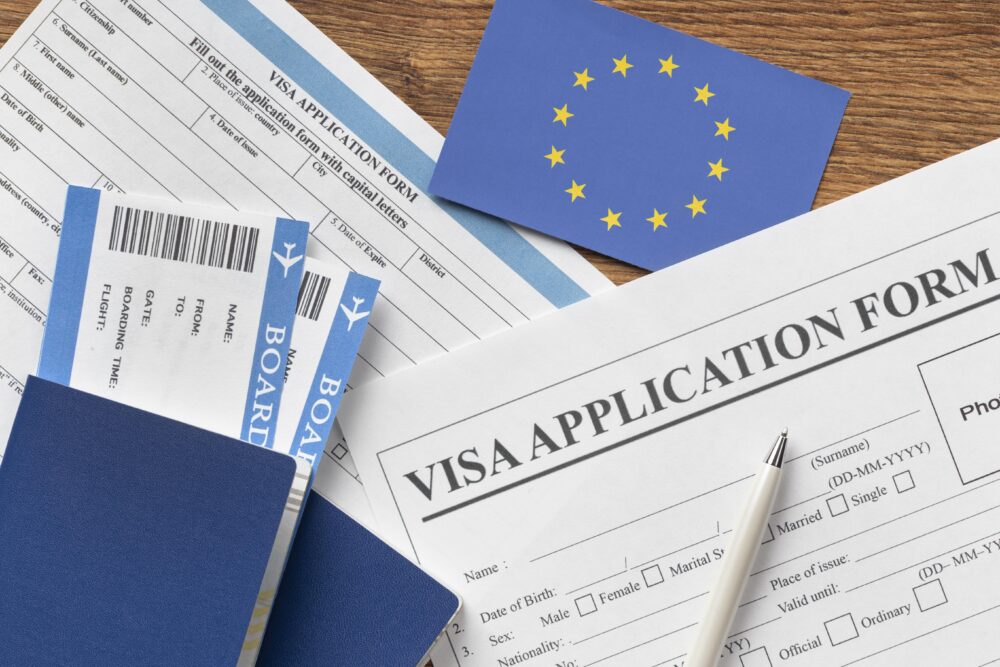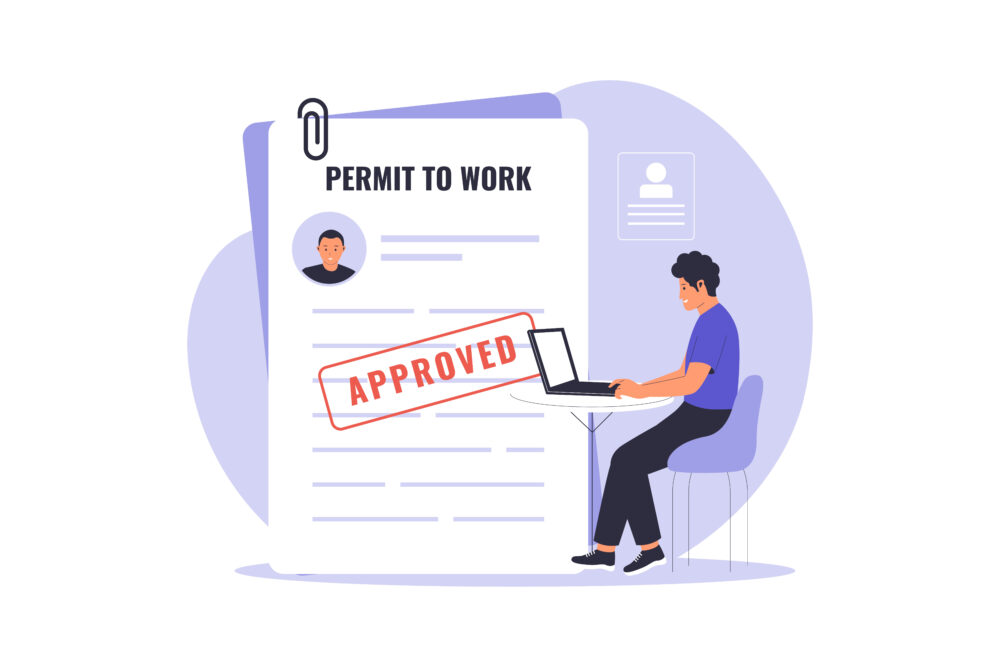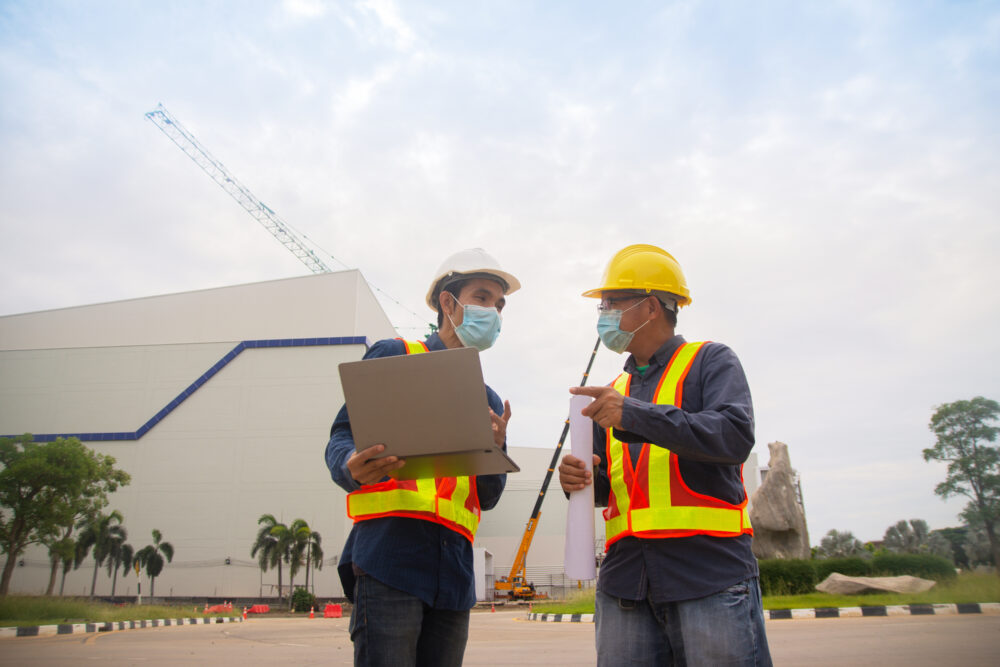To meet business production demands, some enterprises currently need to sublease labor from labor subleasing enterprises. However, enterprises are not always entitled to sublease labor; only when meeting the conditions stipulated by labor law is the subleasing of labor considered lawful. Labor subleasing without meeting the statutory conditions can lead to numerous risks for both the lessee enterprise and the lessor enterprise. This article analyzes the conditions for labor subleasing and highlights the associated risks.
See more: Some considerations for enterprises engaged in labor subleasing activities
1. Conditions for labor subleasing from a labor subleasing enterprise
Pursuant to the Labor Code 2019 (“LC 2019”) and Decree 145/2020/ND-CP, the labor subleasing is considered lawful when meeting the following 05 conditions:
- Condition 01: The subleased employees must be supplied by an enterprise holding a License for Labor Subleasing Activities.(1)
- Condition 02: The scope of work performed by the subleased employees must fall within the list of jobs permitted for labor subleasing as stipulated in Appendix II issued with Decree 145/2020/ND-CP (“List”). (2)
The jobs permitted for labor subleasing include (3):
| No. | Jobs |
| 1 | Interpreter/Translator/Stenographer |
| 2 | Secretary/Administrative assistant |
| 3 | Receptionist |
| 4 | Tour guide |
| 5 | Sales support |
| 6 | Project support |
| 7 | Programming of production machine systems |
| 8 | Production and installation of television and telecommunications equipment |
| 9 | Operation/inspection/repair of construction machinery, production electrical systems |
| 10 | Cleaning services for buildings and factories |
| 11 | Document editing |
| 12 | Bodyguard/Security guard |
| 13 | Telemarketing/Customer care via telephone |
| 14 | Handling financial and tax matters |
| 15 | Repair/Operational inspection of automobiles |
| 16 | Industrial scanning, technical drawing/Interior decoration |
| 17 | Driver |
| 18 | Management, operation, maintenance, and service on ships |
| 19 | Management, supervision, operation, repair, maintenance, and service on oil rigs |
| 20 | Piloting, serving on aircraft/Maintenance, repair of aircraft and aircraft equipment/Flight dispatch, operation/Flight supervision |
- Condition 03: The duration of labor subleasing must not exceed 12 months. (4)
- Condition 04: The labor subleasing is permitted only in one of the following cases:
-
- To meet a temporary, sudden increase in labor demand for a certain period;
-
- To replace employees during maternity leave, occupational accident, occupational disease, or fulfillment of civic duties;
-
- There is a need for employees with high professional or technical qualifications.
- Condition 5: The lessee enterprise is not allowed to use subleased employees in the following cases:
-
- To replace employees who are exercising their right to strike or are involved in resolving labor disputes.
-
- There is no specific agreement regarding “liability for compensation for occupational accidents and occupational diseases of the subleased employee” with the labor subleasing enterprise.
-
- To replace employees who have been terminated due to structural or technological changes, economic reasons, or division, separation, consolidation, or merger of the enterprise.
2. Must the lessee enterprise or the labor subleasing enterprise pay salary and social insurance contributions for the employee?
Pursuant to Article 52 of LC 2019, the subleased employees enters into a labor contract with the Labor Subleasing Enterprise and maintains a labor relationship with the Labor Subleasing Enterprise while being transferred to work under the management of the lessee enterprise.
Pursuant to Articles 56 and 6.2(d) of LC 2019, the Labor Subleasing Enterprise is responsible for matters related to social insurance, health insurance, and unemployment insurance for the Employee.
Therefore, the responsibility for paying these types of insurance for the Employee belongs to the Labor Subleasing Enterprise, not the lessee enterprise.
3. Risks for the lessee enterprise
Labor subleasing in violation of legal regulations may result in penalties according to the provisions of Articles 6 and 13 of Decree 12/2022/ND-CP, specifically:
3.1 A lessee enterprise shall be fined from VND 80,000,000 to VND 100,000,000 for committing one of the following acts:
- Using subleased employees for jobs not included in the list of permitted jobs for labor subleasing;
- Using subleased employees supplied by an enterprise without a valid License for Labor Subleasing Activities or whose License has expired;
- Using subleased employees to replace employees who are exercising their right to strike or are involved in resolving labor disputes;
- Using subleased employees to replace employees who have been terminated due to structural or technological changes; economic reasons; or division, separation, consolidation, or merger;
- Transferring subleased employees to another employer;
- Using subleased employees without a specific agreement with the labor subleasing enterprise regarding liability for compensation for occupational accidents and occupational diseases of the subleased employee;
- Using subleased employees in cases other than: meeting a temporary, sudden increase in labor demand for a certain period; replacing an employee during maternity leave, occupational accident, occupational disease, or fulfillment of civic duties; or needing employees with high professional or technical qualifications.
3.2 A lessee enterprise shall be fined from VND 6,000,000 to VND 10,000,000 for committing one of the following acts:
- Failing to inform or instruct the subleased employees on any of the following: internal labor regulations; hazardous factors; harmful factors; measures to ensure occupational safety and health at the workplace; and its other regulations;
- Failing to organize occupational safety and health training for the subleased employees as required by law;
- Failing to provide timely first aid or emergency care to victims; failing to declare or investigate accidents when occupational accidents or technical incidents causing occupational unsafety or ill-health occur to the subleased employees as required by law;
- Discriminating against the subleased employees regarding working conditions compared to its own employees.
(1) Article 52.2 LC 2019
(2) Article 52.2 LC 2019, Article 30 Decree 145/2020/ND-CP
(3) Appendix II Decree 145/2020/ND-CP
(4) Article 53.1 LC 2019
Disclaimers:
This article is for general information purposes only and is not intended to provide any legal advice for any particular case. The legal provisions referenced in the content are in effect at the time of publication but may have expired at the time you read the content. We therefore advise that you always consult a professional consultant before applying any content.
For issues related to the content or intellectual property rights of the article, please email cs@apolatlegal.vn.
Apolat Legal is a law firm in Vietnam with experience and capacity to provide consulting services related to Employment and contact our team of lawyers in Vietnam via email info@apolatlegal.com.





































